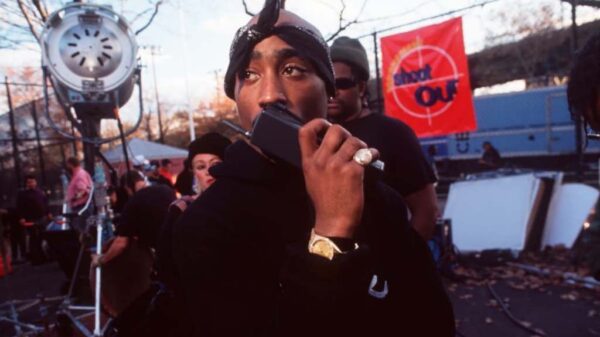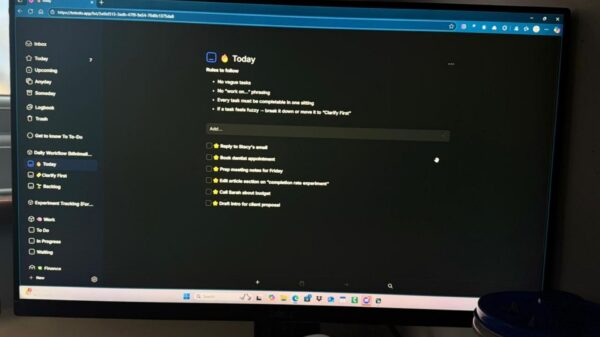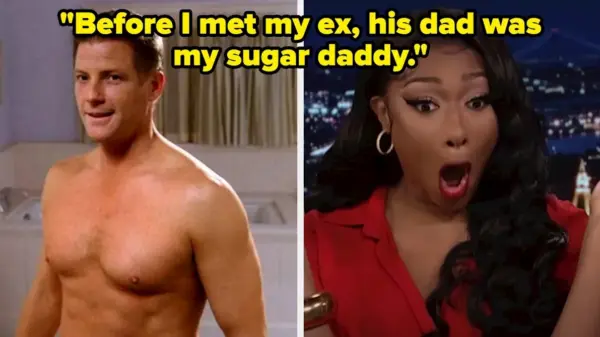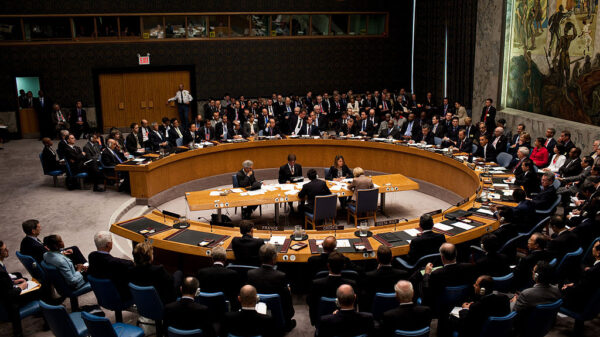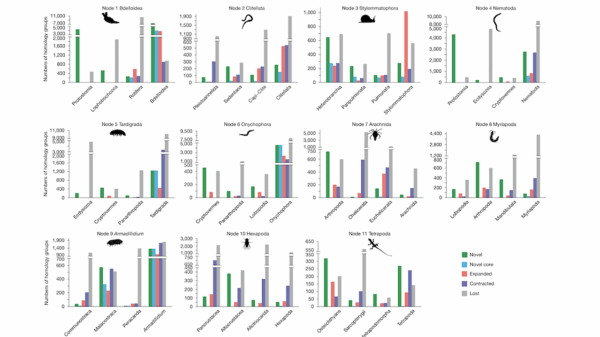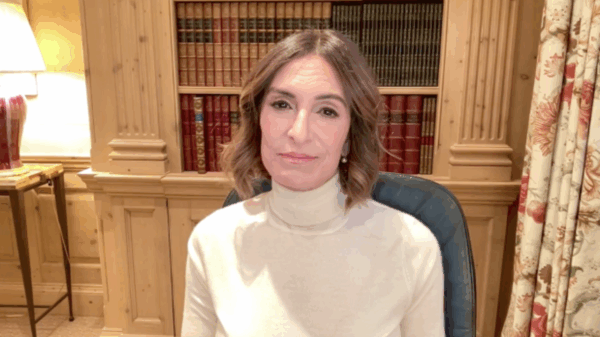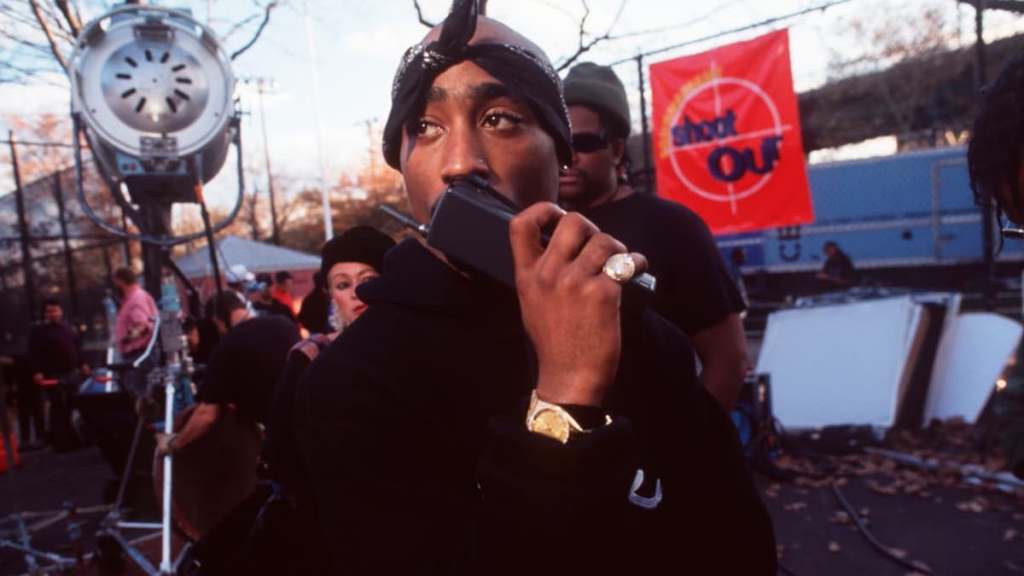UPDATE: A rare and passionate interview featuring Tupac Shakur has resurfaced, highlighting the late rapper’s profound struggles with empathy and societal injustice. In an interview with journalist Ed Gordon in 1994, Tupac expressed a deep sense of being “cursed” by God due to his acute awareness of the suffering around him.
Tupac’s candid revelations resonate powerfully today as issues of economic disparity and racial injustice continue to plague America. He articulated a haunting perspective, stating, “If I can’t live free, if I can’t live with the same respect as the next man, I don’t want to be here.” This urgent message invites listeners to reflect on the persistent inequities that affect marginalized communities.
The resurfacing of this interview comes at a critical juncture, with many advocating for systemic change in the face of ongoing social challenges. Tupac’s words serve as a reminder of the emotional burden that comes with success amidst widespread poverty. “I feel like I’m doing God’s work,” he asserted, emphasizing his commitment to uplift those in need.
Tupac’s perspective sheds light on a selfless existence, where personal triumph feels hollow against a backdrop of suffering. His poignant thoughts challenge us to consider how individual successes can be overshadowed by the struggles of those less fortunate. “These ghetto kids ain’t God’s children and I don’t see no missionaries coming through there,” he pointed out, criticizing the disparity in outreach efforts.
The interview reveals Tupac’s belief in a higher purpose, urging listeners to recognize their roles in the fight for justice. As the world grapples with persistent issues of inequality, his words resonate now more than ever. The urgency of his message compels us to act, to extend our empathy beyond ourselves.
As we reflect on Tupac’s legacy, the importance of his message remains clear: we must engage with the world around us and strive for a more equitable society. The conversation sparked by this interview is vital as we navigate contemporary challenges.
Stay tuned for developments as advocates and communities continue to push for social justice, inspired by the lasting impact of Tupac Shakur’s powerful voice.



